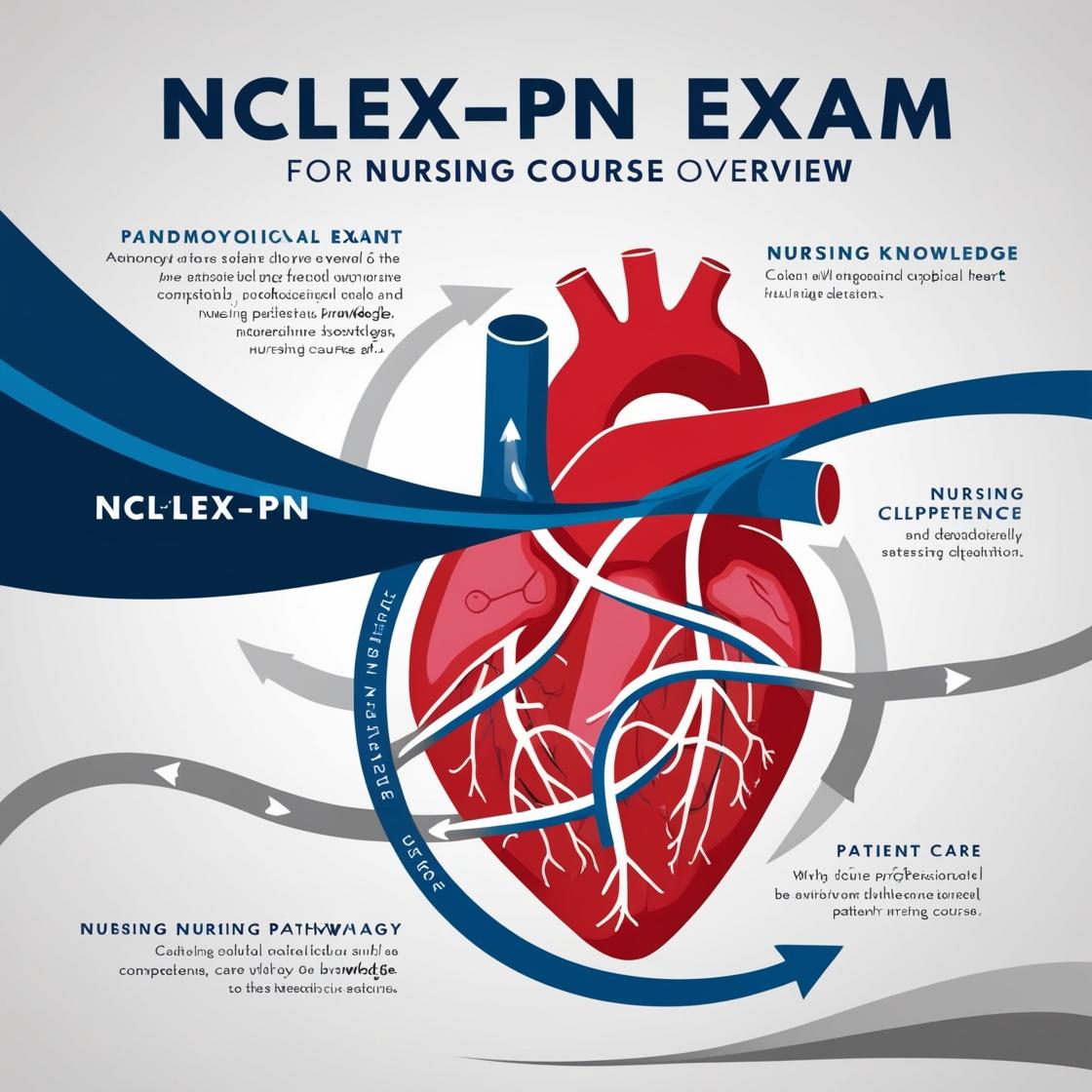NCLEX-PN
NCLEX-PN Quizlet 2023
1. Which of the following is likely to increase the risk of sexually transmitted disease?
- A. alcohol use
- B. certain types of sexual practices
- C. oral contraception use
- D. all of the above
Correct answer: D
Rationale: All of the above factors are likely to increase the risk of sexually transmitted diseases (STDs). Alcohol use can impair judgment, leading to risky sexual behavior. Certain types of sexual practices, especially unprotected sex or multiple partners, increase the likelihood of contracting STDs. While oral contraception use does not directly increase the risk of STDs, it does not protect against them either. Therefore, all the choices (alcohol use, certain types of sexual practices, and oral contraception use) can contribute to an increased risk of contracting STDs.
2. The physician wants to know if a client is tolerating their total parenteral nutrition. Which of the following laboratory tests is likely to be ordered?
- A. triglyceride level
- B. liver function tests
- C. a glucose tolerance test
- D. a complete blood count
Correct answer: B
Rationale: The liver is crucial in processing nutrients and medications received through total parenteral nutrition. Liver function tests assess various enzymes produced by the liver, including prothrombin time/partial prothrombin time, serum glutamic oxaloacetic and pyruvic transaminases, gamma glutamyl transpeptidase, albumin, and alkaline phosphatase. Monitoring these enzymes can help determine if the liver is functioning properly to metabolize the nutrients from TPN. Triglyceride levels (Choice A) primarily evaluate the body's ability to clear fats, not specifically related to TPN tolerance. A glucose tolerance test (Choice C) is used to diagnose diabetes by measuring blood glucose levels after ingesting a glucose-rich solution, not directly related to TPN tolerance. A complete blood count (Choice D) assesses blood components such as red blood cells, white blood cells, and platelets but does not provide specific information about TPN tolerance.
3. What is an appropriate intervention for the client with suspected genitourinary trauma and visible blood at the urethral meatus?
- A. Insertion of a Foley catheter.
- B. Performing an in-and-out catheter specimen for urinalysis.
- C. Obtaining a voided urine specimen for urinalysis.
- D. Ordering a urinalysis by the physician.
Correct answer: D
Rationale: When a client presents with suspected genitourinary trauma and visible blood at the urethral meatus, obtaining a voided urine specimen for urinalysis is an appropriate intervention. This helps assess for any urinary tract injuries or abnormalities without further traumatizing the area. Insertion of a Foley catheter (Choice A) should be avoided as it can worsen the existing trauma. Performing an in-and-out catheter specimen (Choice B) involves unnecessary manipulation and can increase the risk of complications. Ordering a urinalysis by the physician (Choice D) may delay the assessment compared to obtaining a direct voided urine specimen.
4. Which of the following observations is most important when assessing a client's breathing?
- A. presence of breathing and pulse rate
- B. breathing pattern and adequacy of breathing
- C. presence of breathing and adequacy of breathing
- D. patient position and adequacy of breathing
Correct answer: C
Rationale: The correct answer is the presence of breathing and adequacy of breathing. It is crucial not only to confirm that the client is breathing but also to ensure that the breathing is adequate for proper oxygenation. Choices A, B, and D are incorrect because while pulse rate, breathing pattern, and patient position are relevant aspects to consider, the most critical observations in assessing a client's breathing are the presence and adequacy of breathing.
5. A nurse is caring for a client with an elevated cortisol level. The nurse can expect the client to exhibit symptoms of:
- A. urinary excess
- B. hyperpituitarism
- C. urinary deficit
- D. hyperthyroidism
Correct answer: C
Rationale: Elevated cortisol levels can lead to sodium and fluid retention and potassium deficit, resulting in urinary deficit. This imbalance in electrolytes and fluid can cause a decrease in urinary output. Choices B, hyperpituitarism, and D, hyperthyroidism, are incorrect as they do not directly relate to the symptoms expected with elevated cortisol levels. Option A, urinary excess, is also incorrect as high cortisol levels typically lead to fluid retention and urinary deficit, not excess.
Similar Questions

Access More Features
NCLEX PN Basic
$69.99/ 30 days
- 5,000 Questions with answers
- Comprehensive NCLEX coverage
- 30 days access @ $69.99
NCLEX PN Premium
$149.99/ 90 days
- 5,000 Questions with answers
- Comprehensive NCLEX coverage
- 30 days access @ $149.99
